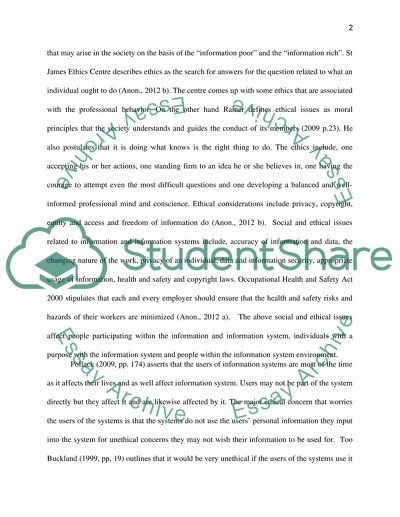Cite this document
(“Individual's Personal Privacy Literature review”, n.d.)
Individual's Personal Privacy Literature review. Retrieved from https://studentshare.org/information-technology/1461831-legal-and-professional-issues-on-information
Individual's Personal Privacy Literature review. Retrieved from https://studentshare.org/information-technology/1461831-legal-and-professional-issues-on-information
(Individual'S Personal Privacy Literature Review)
Individual'S Personal Privacy Literature Review. https://studentshare.org/information-technology/1461831-legal-and-professional-issues-on-information.
Individual'S Personal Privacy Literature Review. https://studentshare.org/information-technology/1461831-legal-and-professional-issues-on-information.
“Individual'S Personal Privacy Literature Review”, n.d. https://studentshare.org/information-technology/1461831-legal-and-professional-issues-on-information.


